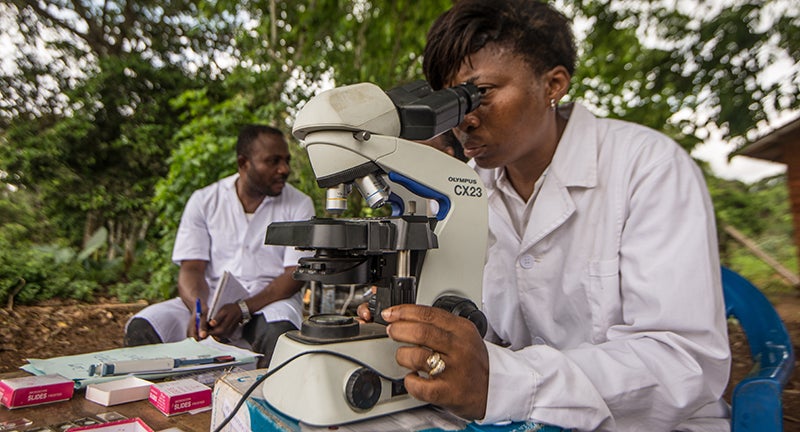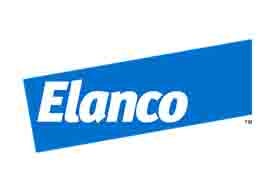By Steve Nanchen, Senior Advisor, Head External Innovation EU&APAC
Elanco has been providing promising research candidates from their anthelmintic Drug Discovery to an EU-sponsored research collaboration to develop medicines against Neglected Tropical Diseases in humans. Steve Nanchen, Senior Advisor Head External Innovation EU & APAC at Elanco, shares how this project leverages veterinary research results to develop human medicines.
The tiniest creatures can be a big threat to our health. Today, about 24% of people worldwide are infected with soil-transmitted worm infections, as per a WHO estimate1.
People in low and middle-income countries, particularly in Africa, are more likely to catch parasitic worm infections for example when they drink contaminated water, eat undercooked meat from infected animals, or unwashed vegetables from contaminated soil. This leads to painful symptoms such as diarrhea, skin irritation, or even bowel obstruction.
Worms can vary significantly in size, from microscopically small ones that are barely visible with the naked eye to ones that are multi-meters long. However, independent of their size, parasitic worms can cause severe disease when infecting humans.
The most prevalent parasitic worms are nematodes, or “roundworms”, leading to debilitating diseases such as river blindness. As of today, there is no drug available that can reliably cure such roundworm infections with a single treatment.
Yet, we urgently need more effective, safe, and affordable treatments to reach the UN’s 2030 Sustainable Development Goals on good health for all. That’s why Elanco joined a public-private partnership to develop drug candidates to treat Neglected Tropical Diseases in humans.
Together with a consortium of private and public partners, our scientists have been contributing to a proposal to develop new medications to prevent and treat the most common forms of human nematode infections, like river blindness.
In September 2019, the consortium, comprised of not-for-profit research and development organizations, academic institutions, and pharmaceutical companies, received funding for a 5-year research project called “HELP” (Helminth ELimination Platform), sponsored by an innovation program from the European Union*.
Since then, we have provided our academic partners access to our veterinary drug discovery pipeline. Our partners are testing these innovative compounds for efficacy and are evaluating their broad-spectrum potential for application in humans.
Using those pioneering results, I am confident we will make an important contribution to the joint development of a drug pipeline that advances the treatment options for parasitic worm infections.
We believe that the new drug candidates developed through this approach may target multiple species and life-cycle stages of nematodes and fill the empty drug pipeline, responding to a need for highly effective and safe drugs. Leveraging the expertise of all consortium partners we can cross boundaries from animal health science to human health. This contributes to the UN Sustainable Development Goals, advancing towards a vision of good health for all!
*The European Union funds framework programs for research and innovation to boost Europe’s technological competitiveness and address people’s concerns about their livelihoods, safety, and the environment. The biggest EU-sponsored Research and Innovation program so far was Horizon2020, a program that provides nearly 80 billion euros of funding between 2014 and 2020. The initiative shall make it easier for the public and private sectors to work together in delivering innovation. Source: https://ec.europa.eu/programmes/horizon2020/what-horizon-2020
1 Source: WHO, https://www.who.int/news-room/fact-sheets/detail/soil-transmitted-helminth-infections, 2020.

